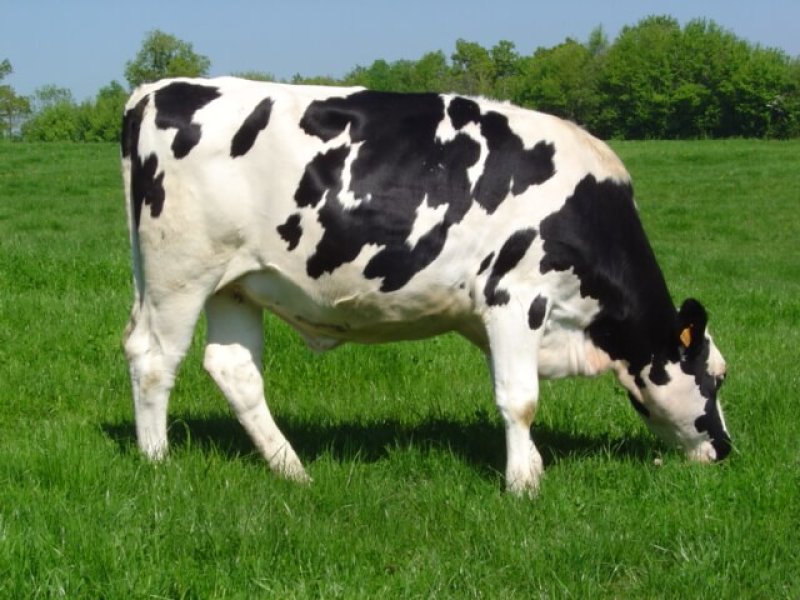The GLP aggregated and excerpted this blog/article to reflect the diversity of news, opinion and analysis.
Other than the few small luxuries afforded them, like private access to a large patch of grass, there was nothing to mark the two hornless dairy calves born last spring at a breeding facility here as early specimens in a new era of humanity’s dominion over nature.
But unlike a vast majority of their dairy brethren, these calves, both bulls, will never sprout horns. That means they will not need to undergo dehorning, routinely performed by farmers to prevent injuries and a procedure that the American Veterinary Medical Association says is “considered to be quite painful.”
Instead, when the calves were both just a single cell in a petri dish, scientists at a start-up company called Recombinetics used the headline-grabbing new tools of gene editing to swap out the smidgen of genetic code that makes dairy cattle have horns for the one that makes Angus beef cattle have none. . . .
. . .Until recently, genetic engineering techniques used to manipulate DNA had been so imprecise as to make them too expensive and difficult to perform in many animals.
But the new techniques, collectively called “gene editing” to reflect the relative ease of their use, have made all manner of previously impossible or impractical goals sufficiently fast and cheap for many to find worth pursuing. . . .
Read full, original post: Open Season Is Seen in Gene Editing of Animals































